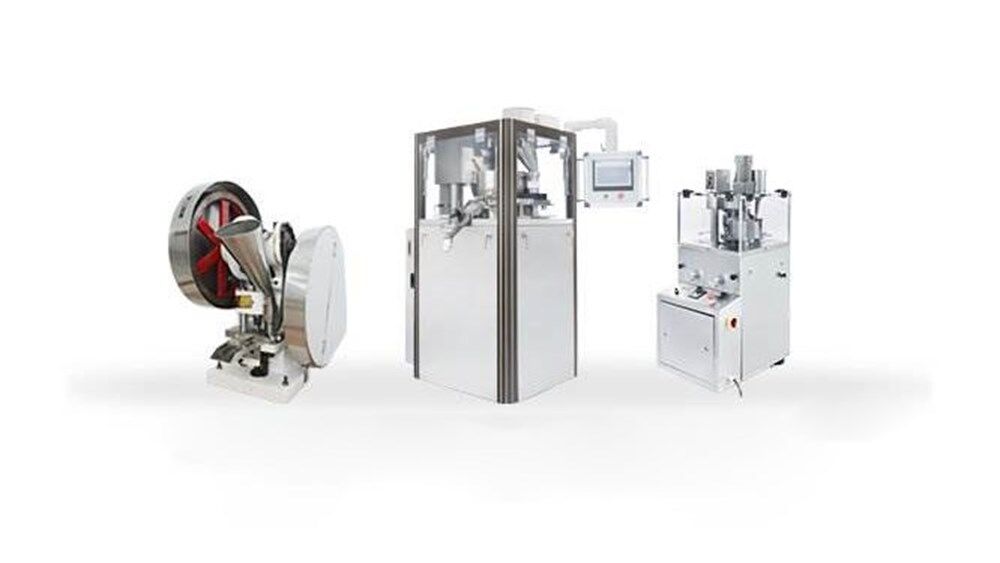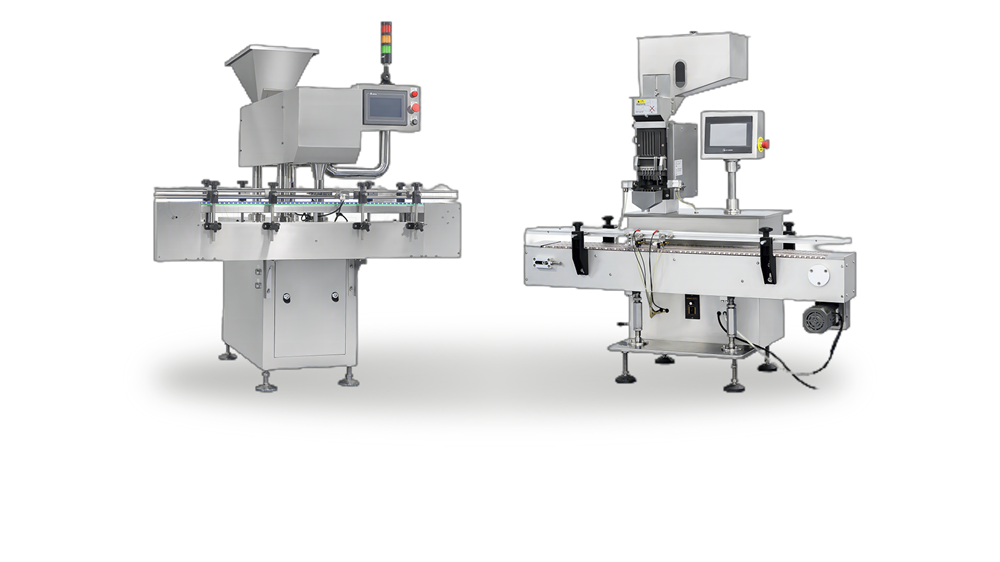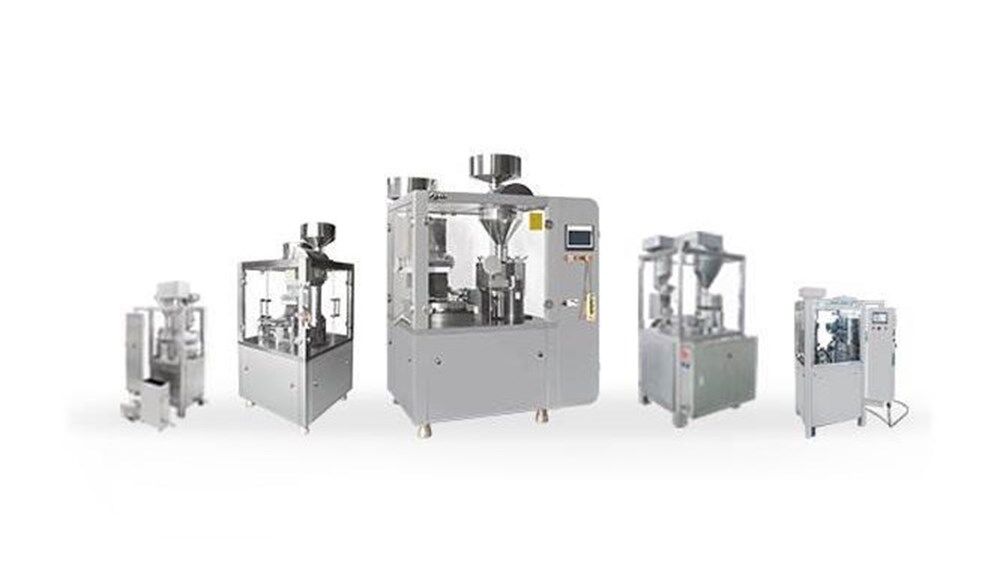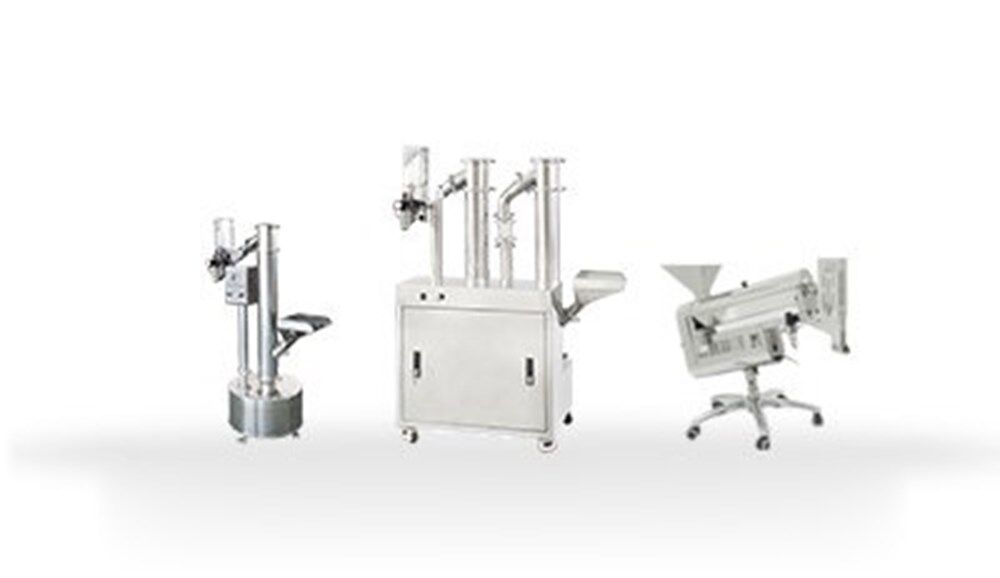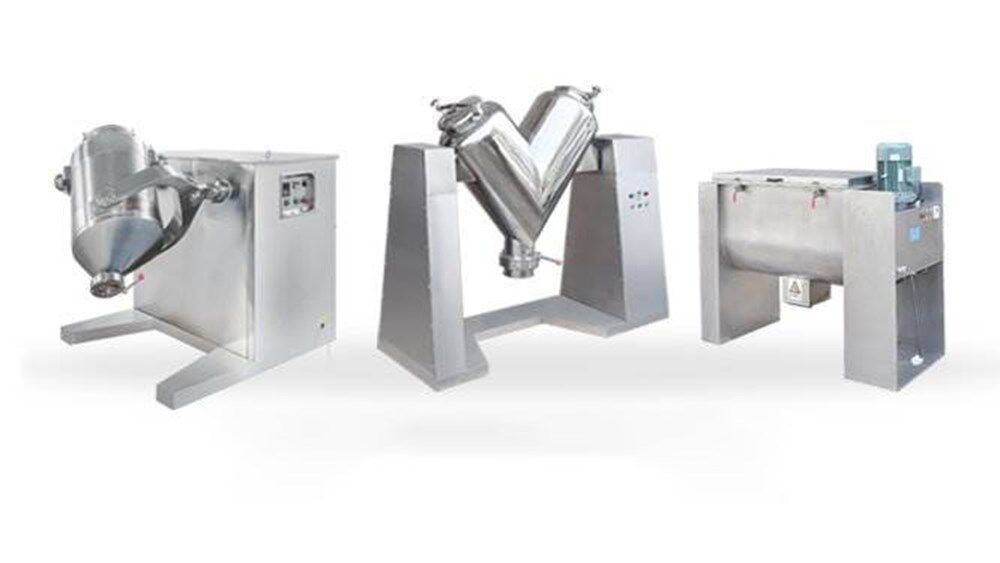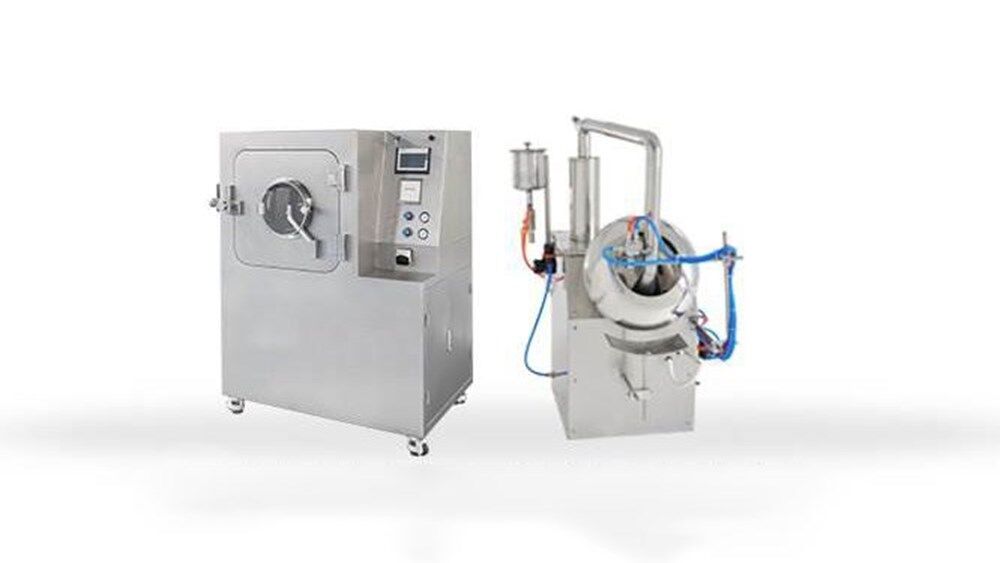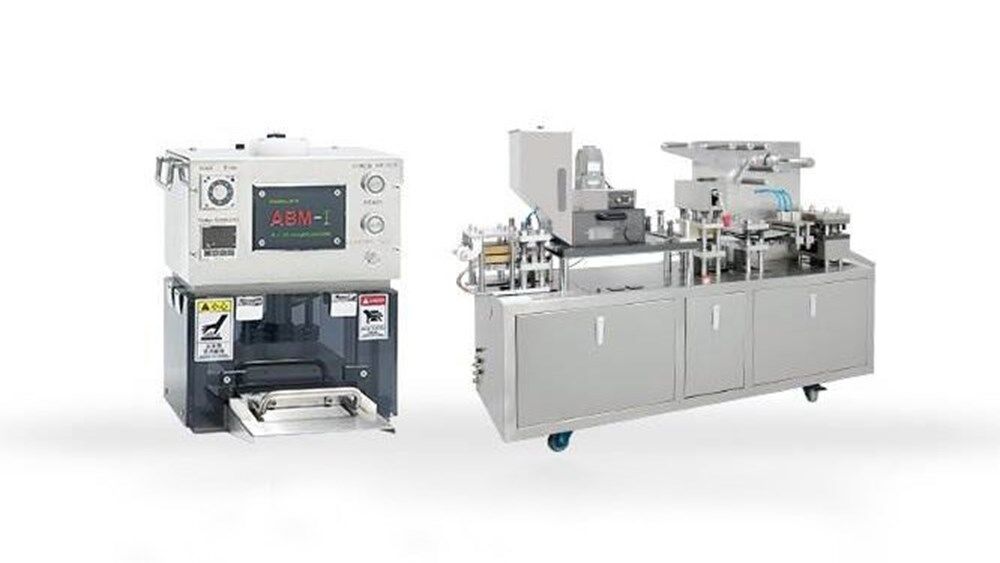Cod Liver Oil Pills vs Liquid: What's the Difference?
Taking health supplements has become a daily routine for more and more people, especially those who survived the COVID-19 pandemic. A study finds that omega-3 fatty acids could help reduce the inflammation caused by severe COVID-19 and support a healthy immune system. As a source of this nutrient, fish oil is undoubtedly the go-to for health-conscious people.
Cod liver oil is one of the most popular fish oil choices. It's a valuable source of omega-3s and vitamins A and D, all of which are essential for maintaining good health. Like most dietary supplements, cod liver oil offers various forms to choose from, such as pills and liquid. "What's the difference between them?" you may ask. Keep reading. This post will satisfy your curiosity about this supplement and help you find the one that works better for you.
What Is Cod Liver Oil?
The story of cod liver oil dates back centuries. In Northern Norway, sunlight is lacking during the winter months, so the Vikings consumed fish liver oil for general health. Between the 1800s and 1900s, the medical effect of this oil was recognized. Parents would give it to their children to prevent rickets, a bone disease caused by vitamin D deficiency. Over time, cod liver oil transitioned from a folk remedy to a scientifically recognized supplement.
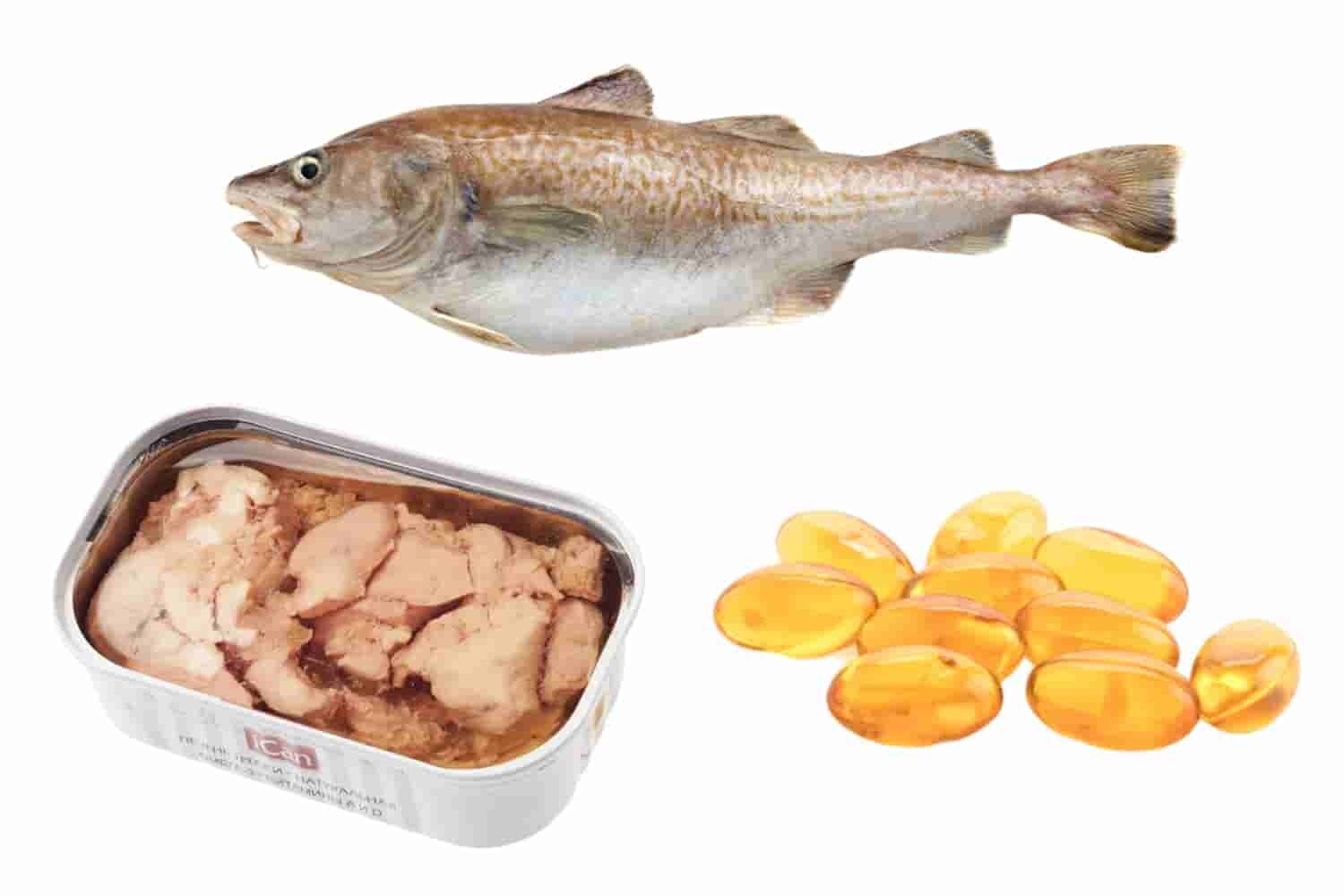
Most fish oil comes from the body flesh of fatty fish. Uniquely, cod liver oil is extracted from the livers of codfish. This golden oil is brimming with omega-3 fatty acids like EPA and DHA, essential for heart and brain health. It also boasts high levels of vitamins A and D, supporting everything from vision to immune function. This supplement is often available in various forms.
When taking cod liver oil, you need to keep an eye out for the dosage. Of course, this applies to all kinds of supplements, as proper dosing is crucial. Keep in mind that cod liver oil contains higher levels of vitamin A compared to other fish oils. This means excessive intake can lead to vitamin A toxicity.
Popular Formats of Cod Liver Oil
If you want to add cod liver oil to your wellness routine, there are several popular formats to choose from. The most common forms are liquid oil, pills, emulsified oil, and gummies.
Liquid Cod Liver Oil
Quite a lot of people prefer the liquid form. They believe that the traditional oil format has higher bioavailability and purity. The dosage is more flexible because you take it with a spoon. Additionally, if you want to mask the fishy taste, you can mix the oil with your smoothie, drink, or juice. Though it needs to be refrigerated and measured accurately, many appreciate its directness.
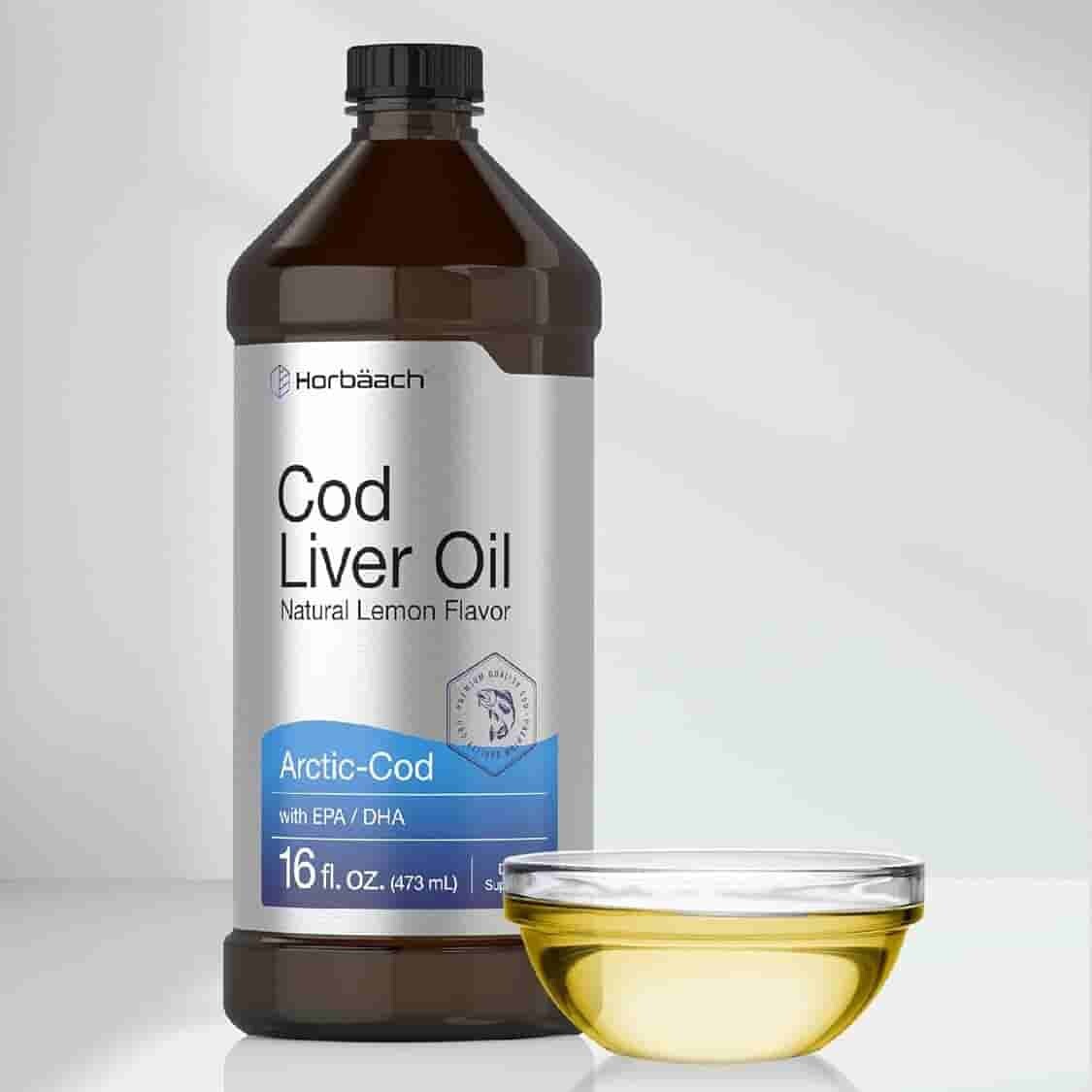
Cod Liver Oil Pills
This form typically refers to softgels. If you want to avoid the strong taste, softgels are a great option. They're portable, tasteless, and easy to swallow. This format provides pre-measured dosing, so you don't need to guess how much you should take at a time. Cod liver oil softgels can be stored at room temperature. They are perfect for those who prefer a no-fuss solution.
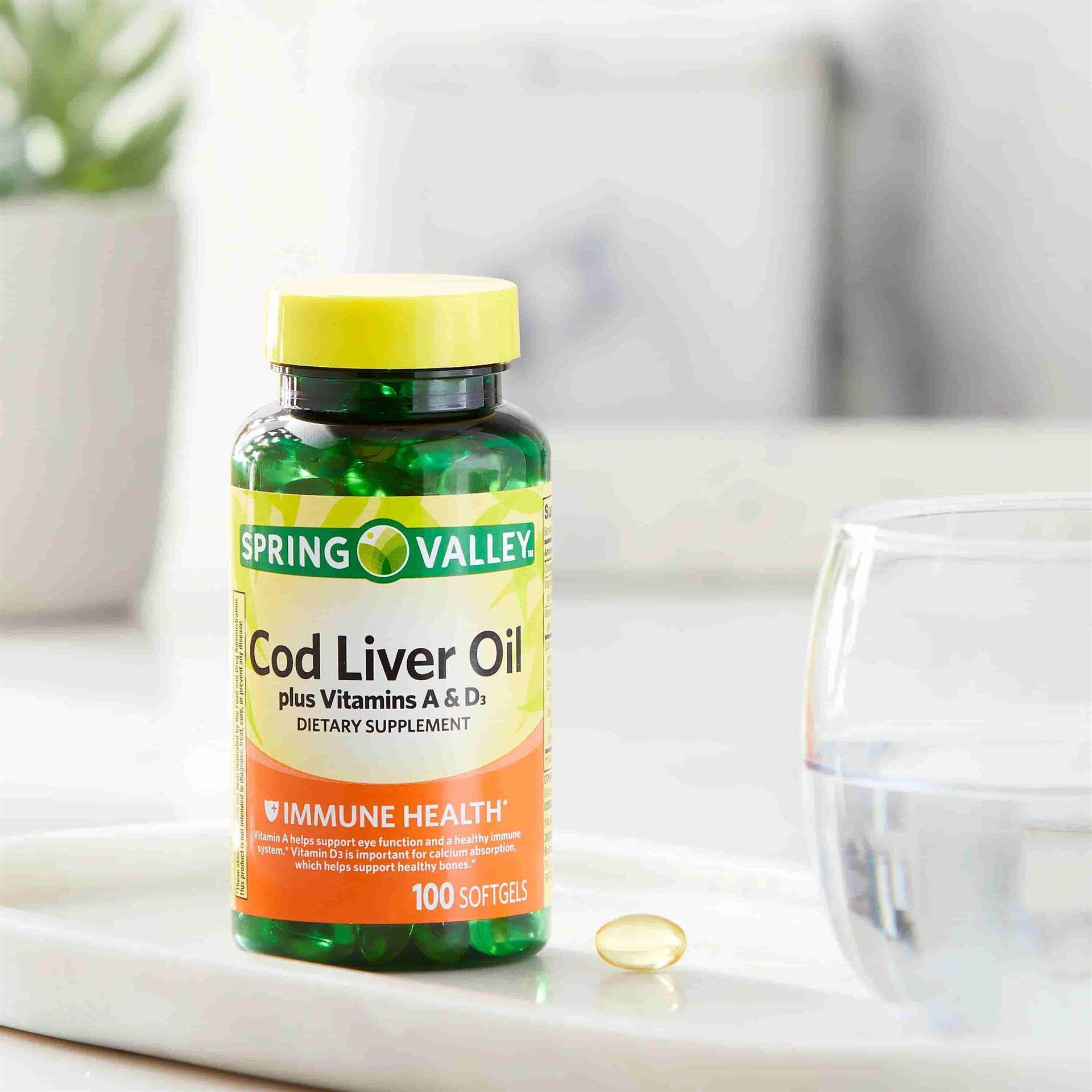
Other Cod Liver Oil Forms
Emulsified Cod Liver Oil is designed for easy absorption. It's often available in more palatable flavors like lemon or orange. This form is favored by kids or those sensitive to taste.
Gummies offer a sweet, chewable alternative. They're especially appealing to kids and adults who struggle with swallowing pills. However, some gummies may contain added sugars and lower omega-3 content compared to other forms.
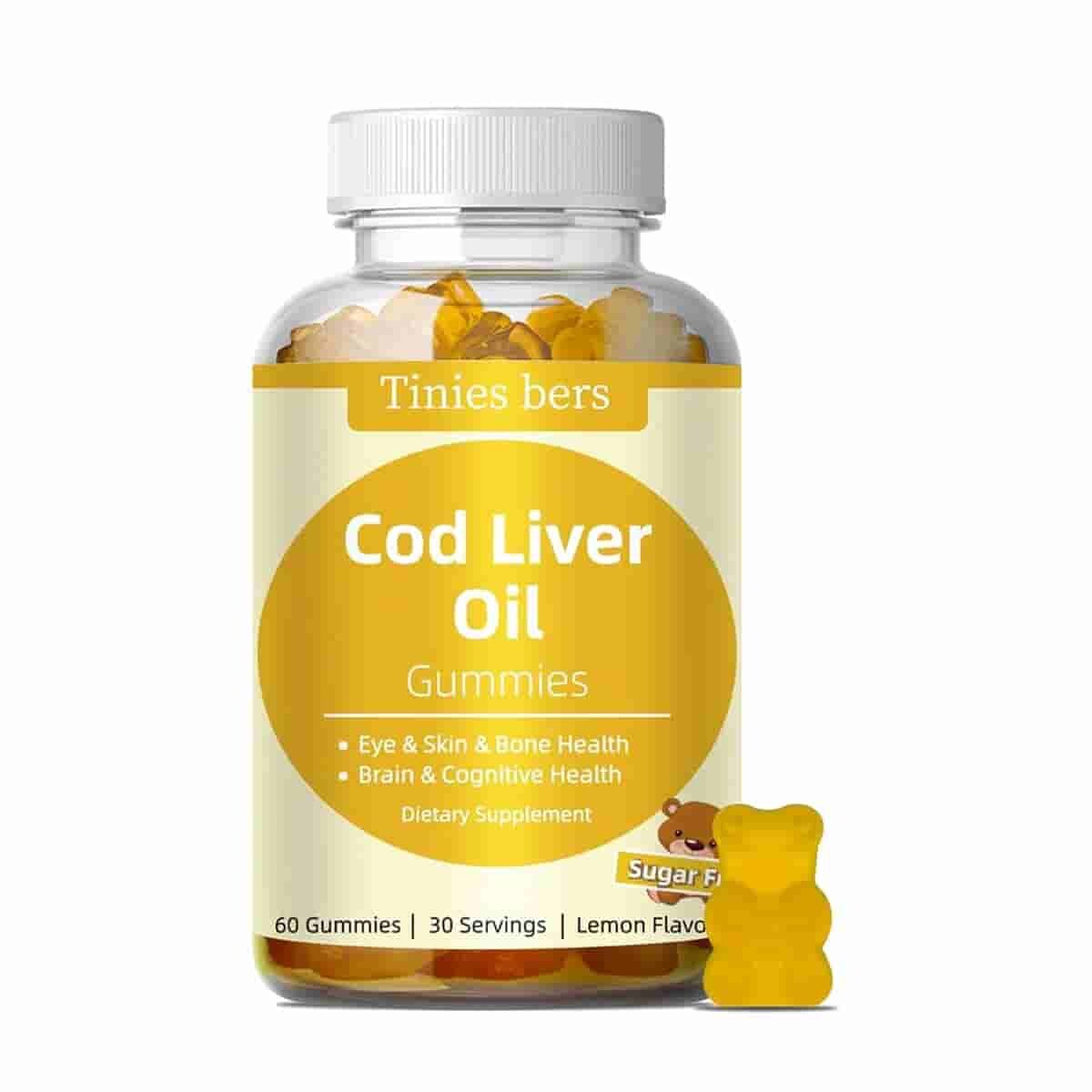
Which Is Better for You, Cod Liver Oil Pills or Liquid
Having said all that, what's the difference between liquid cod liver oil and pills? Now, let's compare these two most popular formats across the following key aspects.

1. Nutritional Content and Absorption
Liquid: This form is easier for your body to absorb since it has no capsule shell or coating to break down. It retains more natural vitamins A and D and omega-3s like EPA and DHA. As a result, you might get slightly higher nutrient levels per serving compared to pills.
Pills: Cod liver oil softgels contain the same nutrients. However, their manufacturing involves additional processing that could cause minor nutrient loss. With a gelatin-based shell, this form may be absorbed slower since your body needs to dissolve the capsule first.
2. Taste and Ease of Consumption
Liquid: The liquid cod liver oil may leave a fishy taste in the mouth that not everyone enjoys. Though some brands add flavors like lemon or mint to make it more bearable, the taste can't be completely masked. It can be hard for some, especially kids, to take it by the spoonful. Adding it to your smoothie can help.
Pills: Softgels are tasteless and odorless, making them easier to swallow. They also have no fishy aftertaste. If you don't mind swallowing pills, this format is usually more pleasant.
3. Convenience and Portability
Liquid: If you're not careful, measuring each dose with a teaspoon may cause spillage. This format usually comes in glass bottles and needs to be refrigerated for freshness and longer shelf life. These factors make it not ideal for on-the-go use.
Pills: When you're on the go, softgels are extremely convenient. They're easy to carry, don't require refrigeration, and come pre-measured. You can take them anywhere, anytime, without a mess.
4. Dosage Control and Flexibility
Liquid: The dosage of liquid oil can easily be adjusted. This is helpful when you're giving it to your kids or have specific health needs. Remember to consult a doctor before adjusting the dose. Be careful when measuring to avoid taking too much.
Pills: This form offers fixed doses, so you know exactly how much you're getting each time. However, softgels can't be split in half. It's not that flexible when you need a different amount.
5. Potential Side Effects and Sensitivities
Liquid: Some people may experience digestive discomfort with liquid cod liver oil, especially on an empty stomach. The noticeable fishy taste might make some sensitive individuals feel nauseated. However, since it's free from capsule ingredients, it's a good option for those with a gelatin allergy.
Pills: Softgels can be hard to swallow for some people. The capsules are often made from gelatin. This could be an issue for vegetarians, vegans, or those with certain allergies. Always read the supplement facts if you have dietary restrictions.
6. Cost
Liquid: In general, liquid cod liver oil is more cost-effective per serving. When taking a teaspoon of liquid oil, you might need three pills to get the same amount of nutrients. Plus, this form involves less processing and packaging.
Pills: Manufacturing cod liver oil softgels requires extra steps besides oil extraction. For instance, you need a softgel encapsulation machine for production. You also may need a blister packer to package the pills to meet customer preferences and market strategies. These investments will greatly increase the manufacturing cost of the cod liver oil.
7. Environmental Impact
Liquid: This form often comes in glass bottles. The packaging material is recyclable and has a lower environmental impact than plastic. Fewer doses per container and less packaging also mean less waste overall.
Pills: As we said before, some cod liver oil softgels are packed in blisters. More softgels even come in plastic bottles. These can contribute to plastic waste if not recycled. The manufacturing process for capsules also uses more energy and resources, potentially increasing their environmental footprint.
The Bottom Line
Cod liver oil pills and liquid both offer similar nutritional benefits but differ in some aspects. Pills are tasteless and provide a set dosage, while liquid offers customizable doses but might smell fishy. Pills are easier to take on the go, but liquid absorbs better and is often more affordable. Whether you choose cod liver oil pills or liquid depends on your lifestyle and preferences. As I always say, be sure to talk to your doctor before taking any supplements.
Leave your comment
Also Offers
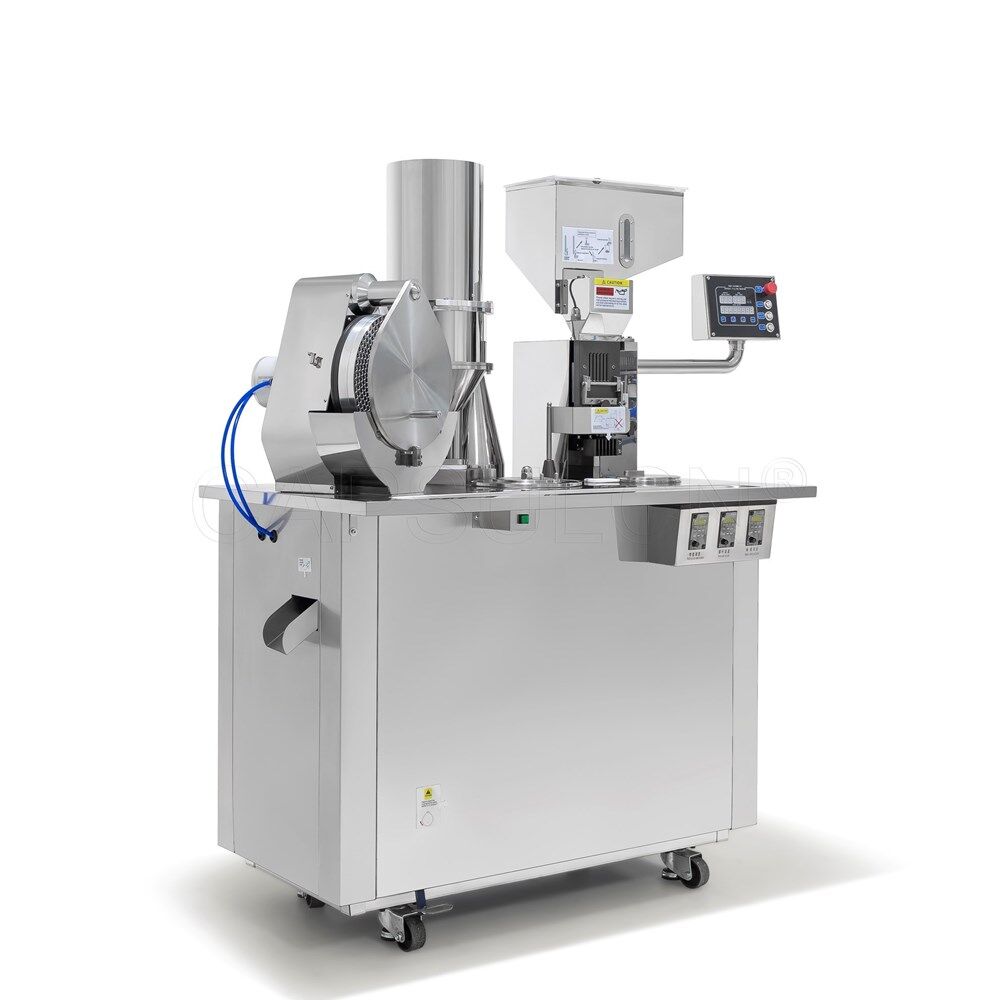
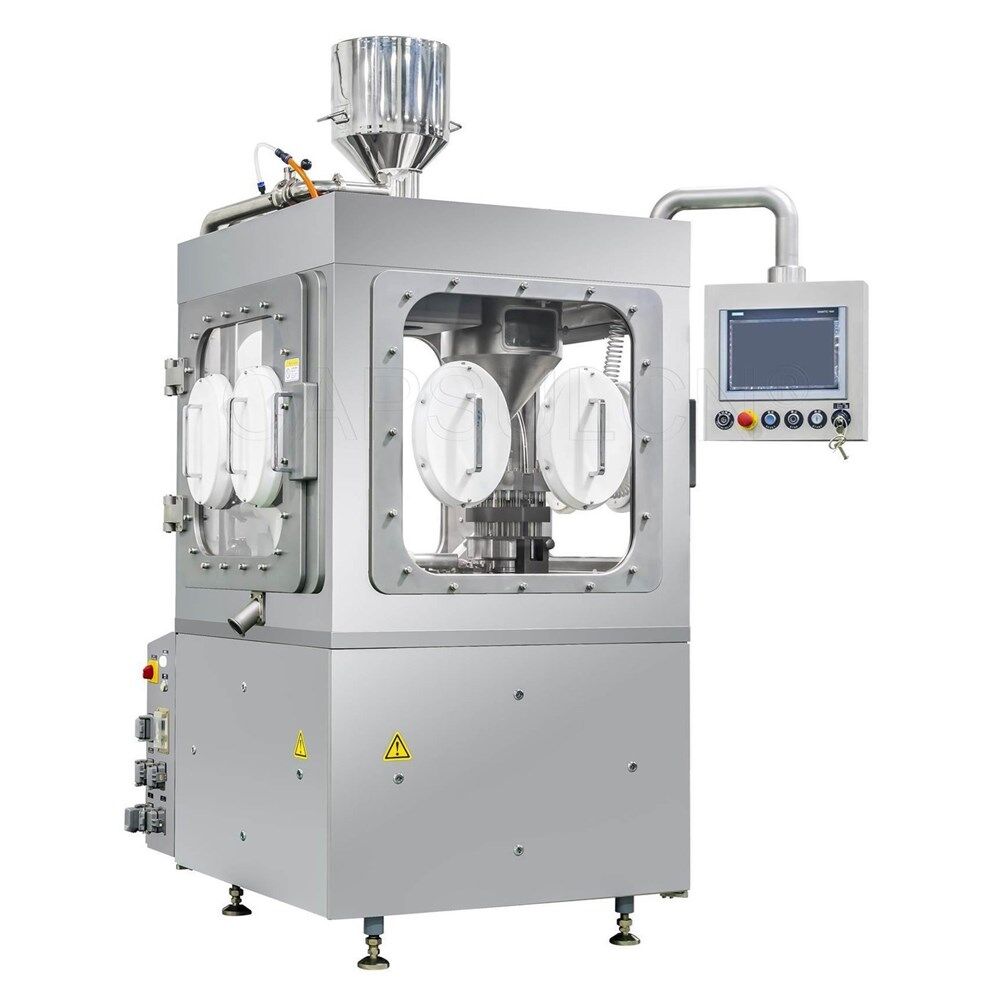
Containment Automatic Capsule Filling Machine SFK-703
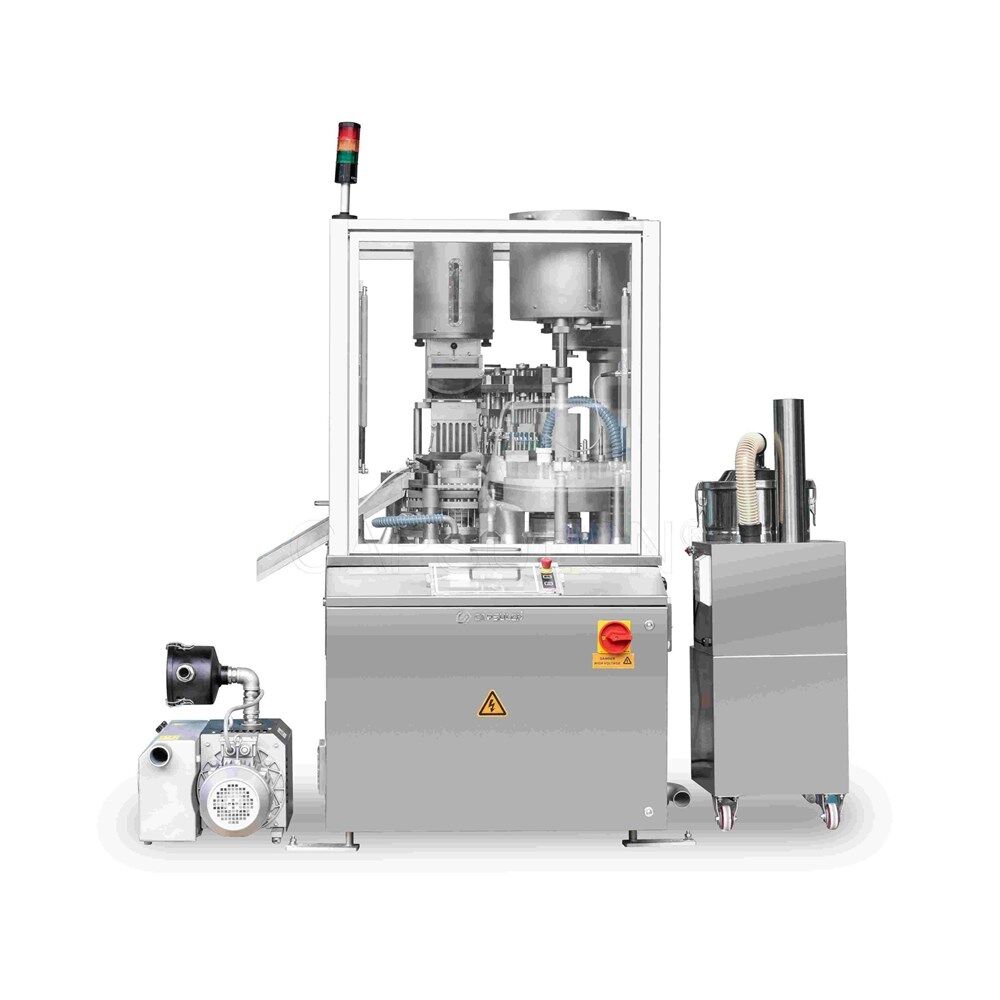
Fully Automatic Dosator Capsule Filling Machine CZ-40

Our Team
As an expert in the pharmaceutical and pharmaceutical packaging industry, iPharMachine has provided solutions for hundreds of pharmaceutical and health product manufacturers for 17 years. By visiting customers, we get good reviews from our customers.
- info@ipharmachine.com
- English Español Deutsche
